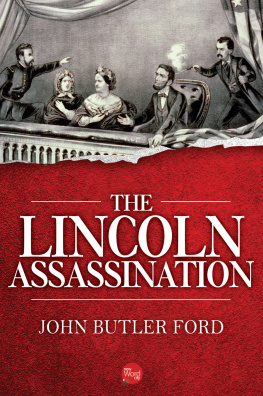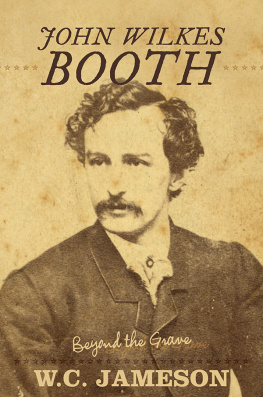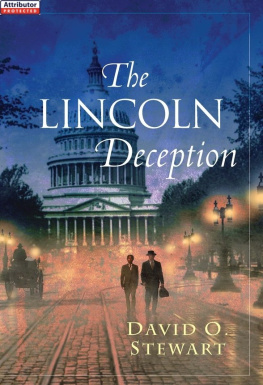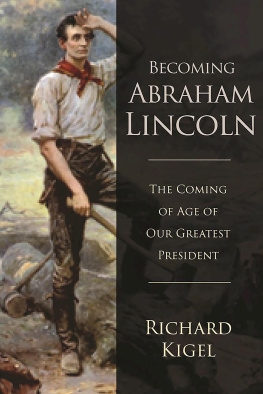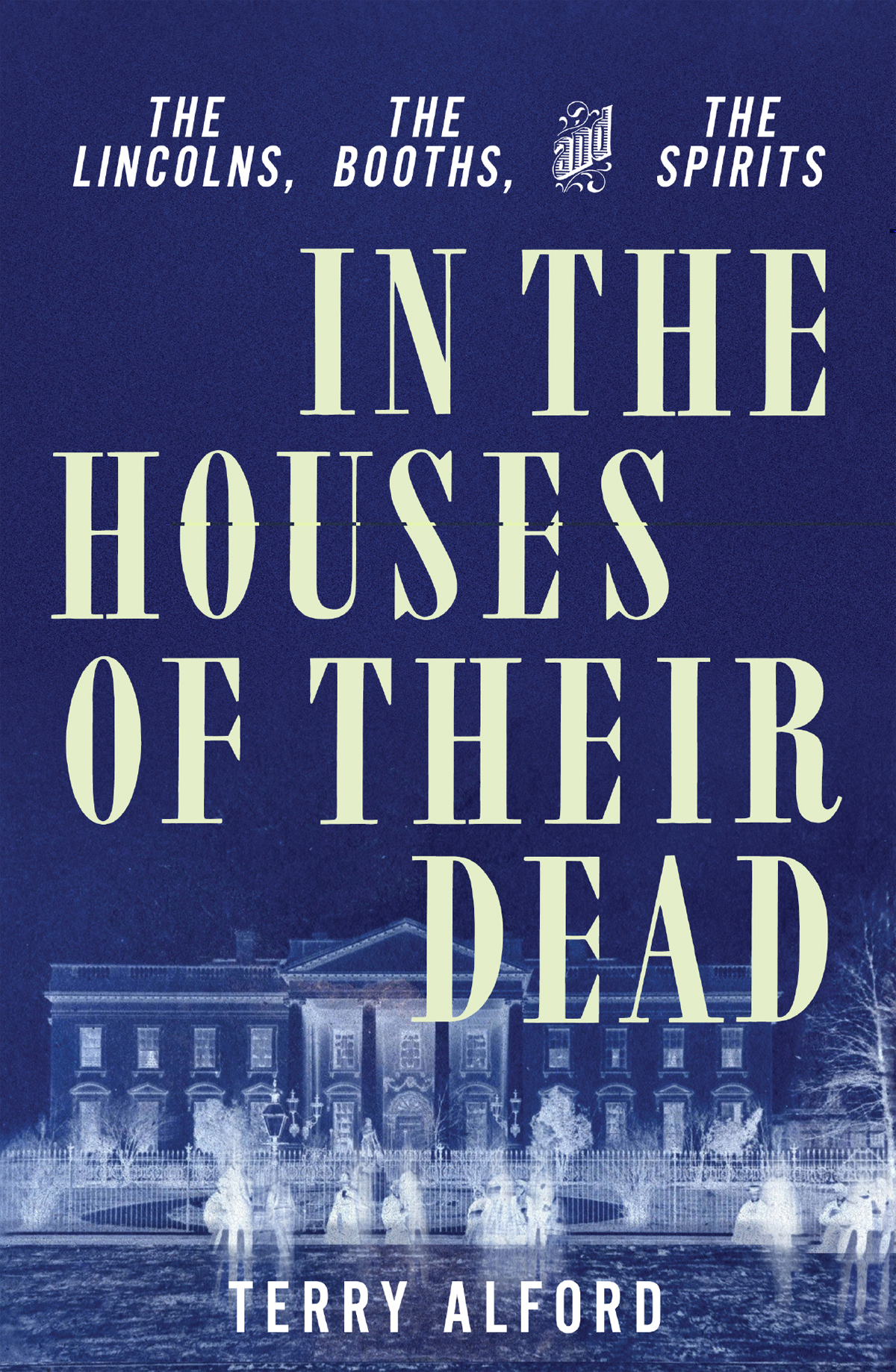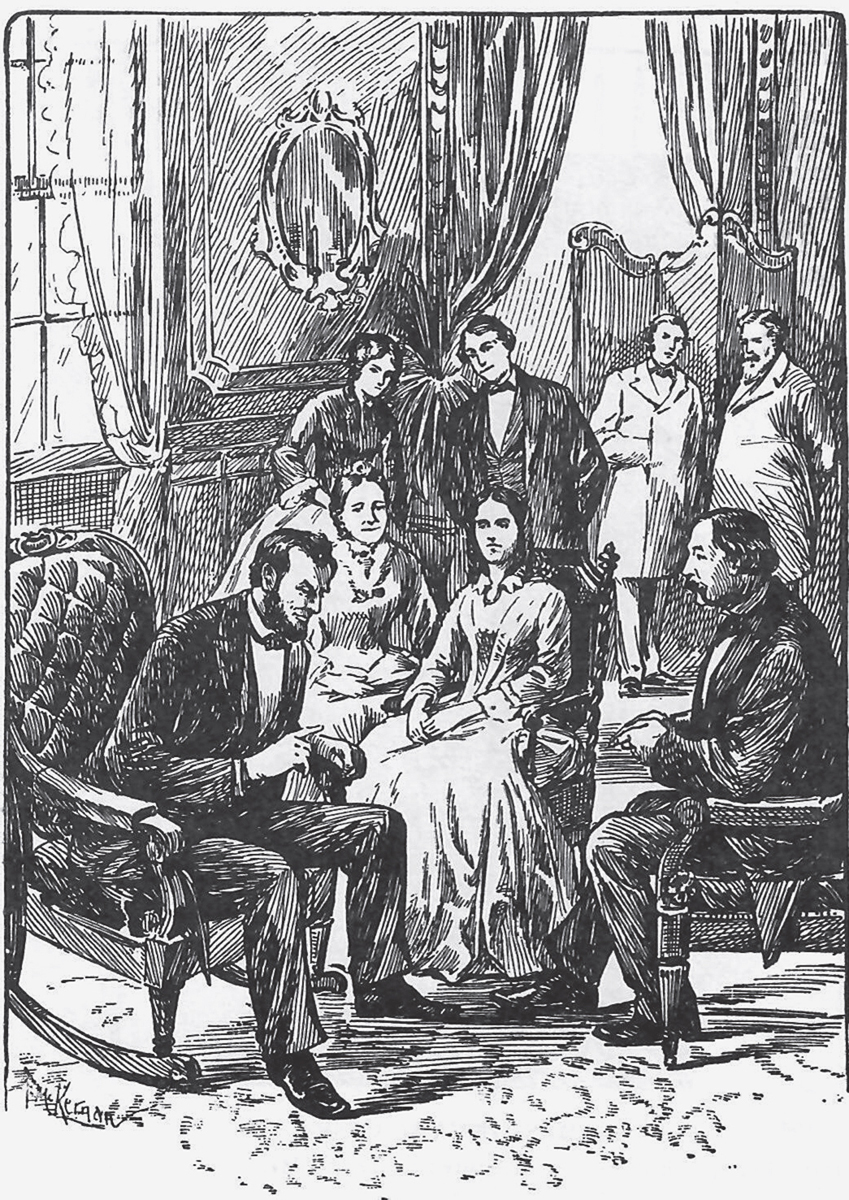Terry Alford - In the Houses of Their Dead: The Lincolns, the Booths, and the Spirits
Here you can read online Terry Alford - In the Houses of Their Dead: The Lincolns, the Booths, and the Spirits full text of the book (entire story) in english for free. Download pdf and epub, get meaning, cover and reviews about this ebook. year: 2022, publisher: Liveright, genre: Non-fiction. Description of the work, (preface) as well as reviews are available. Best literature library LitArk.com created for fans of good reading and offers a wide selection of genres:
Romance novel
Science fiction
Adventure
Detective
Science
History
Home and family
Prose
Art
Politics
Computer
Non-fiction
Religion
Business
Children
Humor
Choose a favorite category and find really read worthwhile books. Enjoy immersion in the world of imagination, feel the emotions of the characters or learn something new for yourself, make an fascinating discovery.

- Book:In the Houses of Their Dead: The Lincolns, the Booths, and the Spirits
- Author:
- Publisher:Liveright
- Genre:
- Year:2022
- Rating:5 / 5
- Favourites:Add to favourites
- Your mark:
In the Houses of Their Dead: The Lincolns, the Booths, and the Spirits: summary, description and annotation
We offer to read an annotation, description, summary or preface (depends on what the author of the book "In the Houses of Their Dead: The Lincolns, the Booths, and the Spirits" wrote himself). If you haven't found the necessary information about the book — write in the comments, we will try to find it.
Here is Lincoln in the Bardofor real. You couldnt make it upnecromancers, mad actors, frauds, true believers, and, in the middle, the greatest President. Sidney Blumenthal, author of The Political Life of Abraham Lincoln
The story of Abraham Lincoln as it has never been told before: through the strange, even otherworldly, points of contact between his family and that of the man who killed him, John Wilkes Booth.
In the 1820s, two families, unknown to each other, worked on farms in the American wilderness. It seemed unlikely that the families would ever meetand yet, they did. The son of one family, the famed actor John Wilkes Booth, killed the son of the other, President Abraham Lincoln, in the most significant assassination in American history. The murder, however, did not come without warningin fact, it had been foretold.
In the Houses of Their Dead is the first book of the many thousands written about Lincoln to focus on the presidents fascination with Spiritualism, and to demonstrate how it linked him, uncannily, to the man who would kill him. Abraham Lincoln is usually seen as a rational, empirically-minded man, yet as acclaimed scholar and biographer Terry Alford reveals, he was also deeply superstitious and drawn to the irrational. Like millions of other Americans, including the Booths, Lincoln and his wife, Mary, suffered repeated personal tragedies, and turned for solace to Spiritualism, a new practice sweeping the nation that held that the dead were nearby and could be contacted by the living. Remarkably, the Lincolns and the Booths even used the same mediums, including Charles Colchester, a specialist in blood writing whom Mary first brought to her husband, and who warned the president after listening to the ravings of another of his clients, John Wilkes Booth.
Alfords expansive, richly-textured chronicle follows the two families across the nineteenth century, uncovering new facts and stories about Abraham and Mary while drawing indelible portraits of the Boothsfrom patriarch Julius, a famous actor in his own right, to brother Edwin, the most talented member of the family and a man who feared peacock feathers, to their confidant Adam Badeau, who would become, strangely, the ghostwriter for President Ulysses S. Grant. At every turn, Alford shows that despite the progress of the agethe glass hypodermic syringe, electromagnetic induction, and much moredeath remained ever-present, and thus it was only rational for millions of Americans, from the president on down, to cling to beliefs that seem anything but. A novelistic narrative of two exceptional American families set against the convulsions their times, In the Houses of Their Dead ultimately leads us to consider how ghost stories helped shape the nation.
33 black-and-white imagesTerry Alford: author's other books
Who wrote In the Houses of Their Dead: The Lincolns, the Booths, and the Spirits? Find out the surname, the name of the author of the book and a list of all author's works by series.

